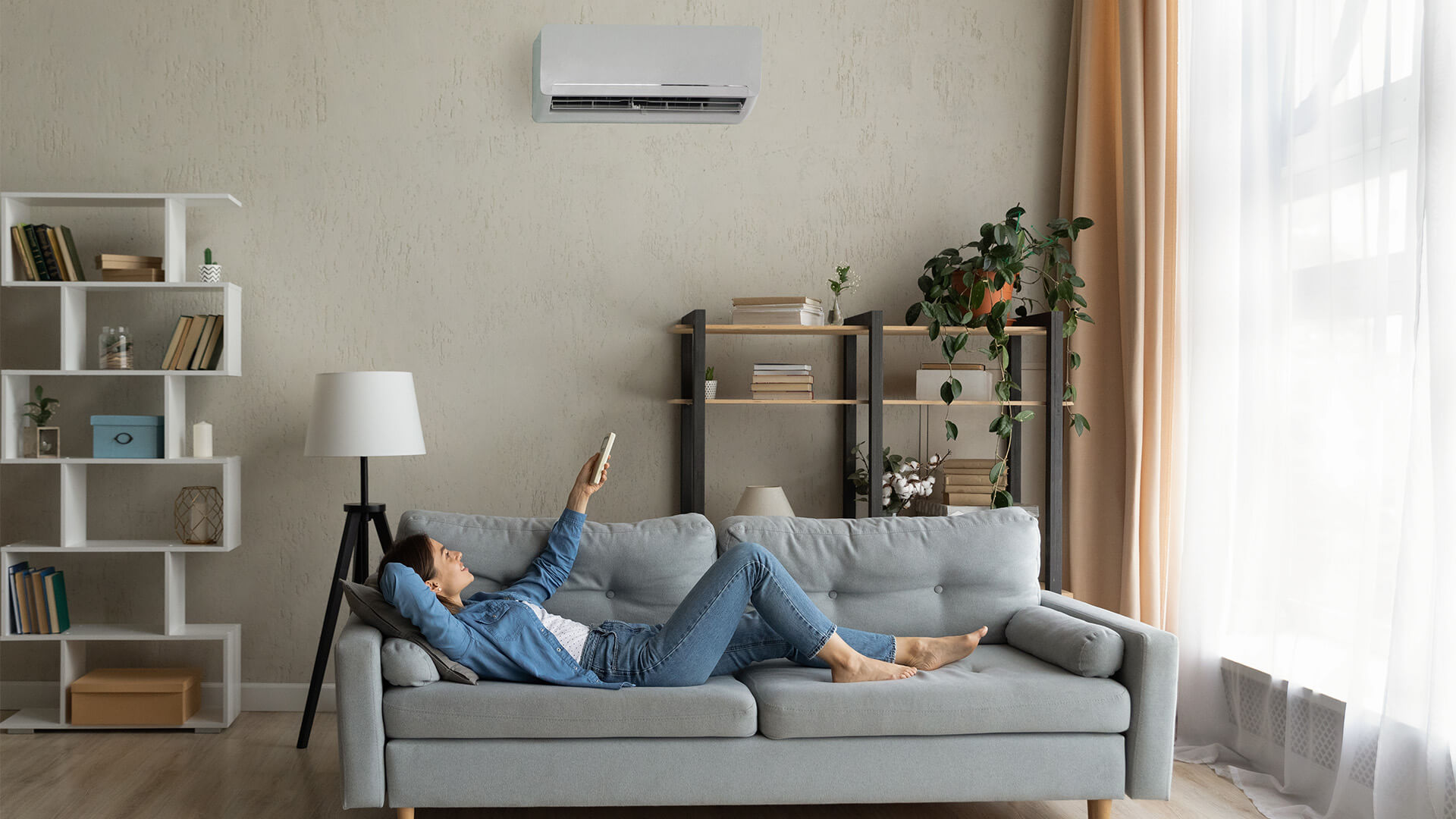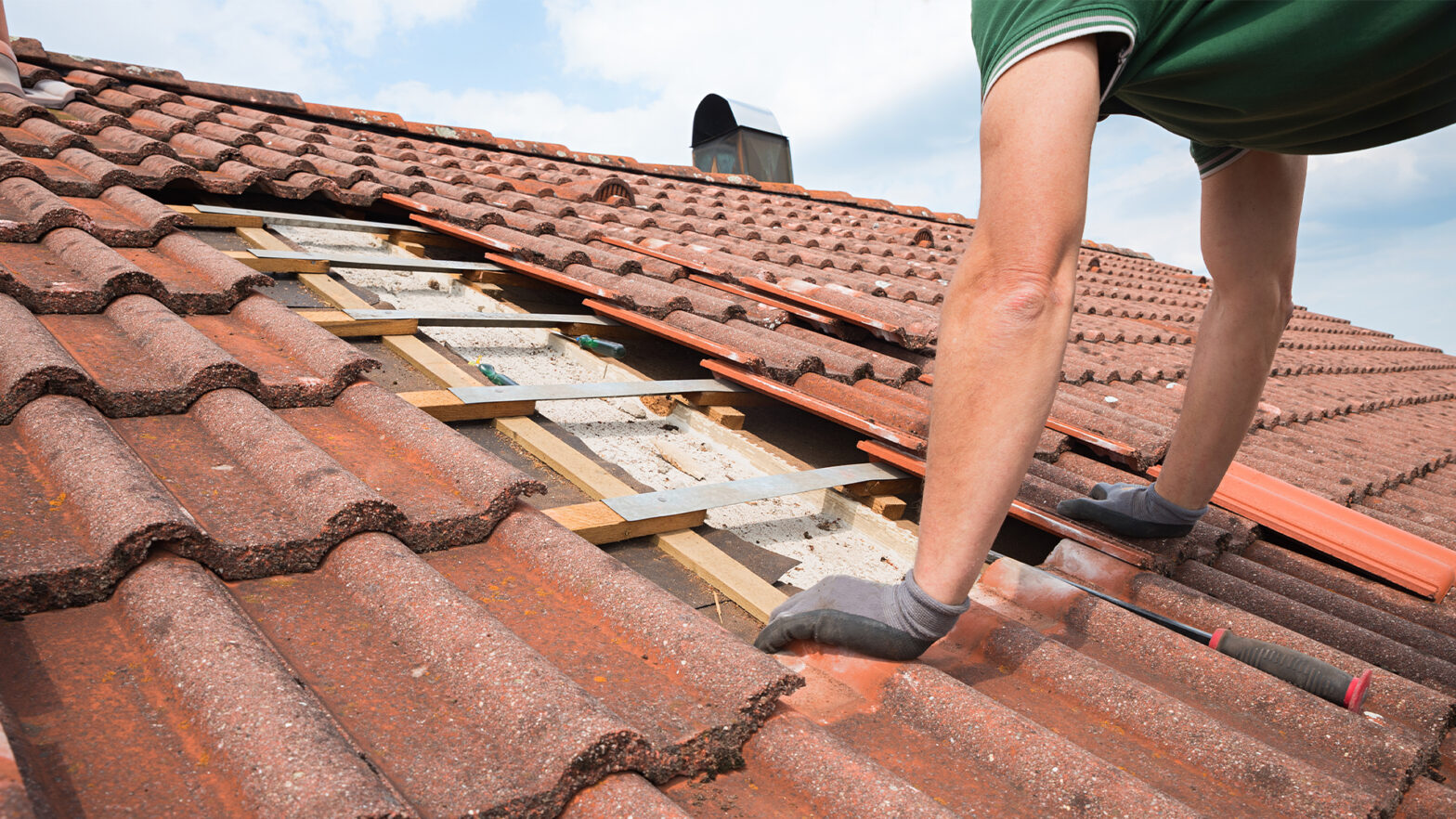As a homeowner, one of the critical systems you need to take care of is your HVAC system. Proper maintenance will ensure that your system runs smoothly and efficiently. You’ll also prolong its life, avoid costly repairs and save on your energy bills. Here are some tips for maintaining your HVAC system:
1. Schedule regular maintenance checks
Like any other piece of machinery, your HVAC system needs regular maintenance to keep it running smoothly. A qualified technician can check for any potential problems and make necessary repairs. Many HVAC companies offer service contracts that include regular maintenance checks.
Skipping these checks can lead to more significant issues and expensive repairs. Note that you may not detect some problems, but professionals will. Some things the expert will do during a routine maintenance check are:
- Check the thermostat to make sure it’s working properly
- Clean or replace filters
- Lubricate moving parts
- Check the refrigerant level
- Listen for unusual noises
- Inspect the condenser and coils
2. Change your filters regularly
One of the most straightforward and crucial HVAC maintenance tips is changing your air filters regularly. A dirty filter can impede airflow and cause the system to work harder, decreasing efficiency and increasing energy costs. Filters should be changed every few months or as directed by the manufacturer. Note that worn-out filters can also be a fire hazard.
3. Keep the area around your HVAC unit clean
The area around your HVAC unit should be kept clean and free of debris. Doing so will ensure good airflow and prevent the unit from overheating. Ascertain the outside of the system is free of leaves, sticks, and other debris. Regularly sweep up any dirt or grass that accumulates around the unit. Additionally, clean the exterior coil at least once a year.
4. Don’t block the airflow to your HVAC unit
Be sure to leave enough space around your HVAC unit for proper airflow. Do not place anything in front of the unit, including furniture, rugs, or plants. Doing so will restrict airflow and cause the system to work harder, decreasing efficiency and increasing energy costs. Obstructed airflow can also lead to the unit overheating.
5. Monitor your energy bills
You can understand how efficiently your HVAC system runs by monitoring your energy bills. If you notice a sudden increase in your energy costs, it may be a sign that your system needs maintenance. Other issues could be low refrigerant levels or a clogged filter. Other than monitoring the energy bills, check the performance. How fast does it warm or cool the house? Do you feel that it’s not adequately cooling or heating the home?
6. Use a programmable thermostat
A programmable thermostat can help you save energy and money by allowing you to set different temperatures for different times of the day. For example, you can set the thermostat to lower the temperature at night or when you’re not home. This will help you save money on your energy bills and reduce wear and tear on your HVAC system.
7. Insulate your home
Another way to save energy and money is to insulate your home. Proper insulation keeps your home cool in the summer and warm in the winter while reducing your energy costs. The HVAC system will not work as hard to maintain a comfortable temperature if your home is adequately insulated.
8. Get a tune-up every year
A yearly tune-up keeps your HVAC system running smoothly and efficiently. A technician will inspect the unit for potential problems and make necessary repairs and replacements. The exercise will help avoid costly repairs down the road and ensure that your system runs at its best. Note that a yearly tune-up handles more than the regular maintenance. The exercise includes:
- A thorough inspection of the entire heating and cooling system
- Cleaning and adjustment of all equipment
- Lubrication of all moving parts
- Checking refrigerant levels
- Testing ignition and safety controls
- Replacement of furnace filters
9. Educate yourself on your HVAC system
The more you know about your HVAC system, the better equipped you’ll be to maintain it. Read the owner’s manual, visit the manufacturer’s website, and ask your HVAC technician any questions you have. You’ll understand how your system works and how to maintain it properly. Also, listen to the sounds it makes so you can identify any potential problems.
10. Regularly clean the entire system
Clean your HVAC system regularly to keep it running smoothly. It includes cleaning the inside and outside of the unit and the ducts. You can clean with a brush or vacuum and the vents with a hose. Cleaning the system improves efficiency and ensures no dirty air circulates, keeping your family safe from infections.
11. Seal any leaks around the unit
If there are any leaks around your HVAC unit, seal them up. Leaks allow conditioned air to escape, which can increase your energy bills. You can use weatherstripping or caulk to seal the leaks. If the refrigerant lines are leaking, use sealant tape, but it’s best to have a professional fix the leak.
12. Consider a new HVAC system
If your HVAC system is old and inefficient, it may be time to consider replacing it. A new system can save you money on your energy bills and reduce greenhouse gas emissions. When shopping for a new system, be sure to consult with an HVAC technician to find the best unit for your home.
Also, check the system’s star rating to ensure that you’re getting the best efficiency possible. Another reason to go for a new unit is when the current one is not sized correctly, leading to discomfort.
Endnote
There are many things homeowners can do to maintain their HVAC system and reduce their energy bills. Following these tips will keep your home comfortable and your HVAC system running smoothly. Never ignore maintenance issues, as they can lead to costly repairs down the road.


































